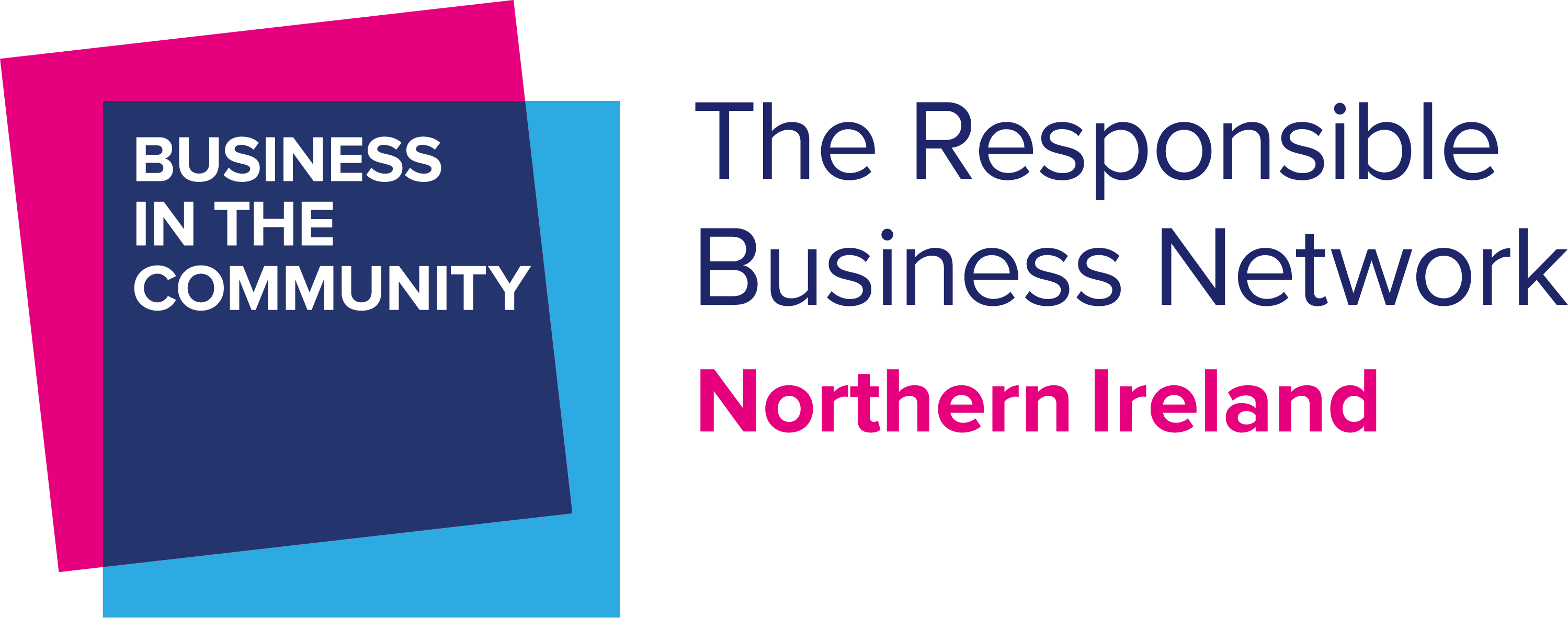Can responsibility really be measured?


Corporate responsibility (CR), despite being oft-compared with the axiomatic ‘motherhood and apple pie’, isn’t entirely universally lauded. The motivation behind it is often questioned by sceptics; it can be disregarded as PR fodder by cynics and managers who see it as a ‘soft’ part of the business can disregard it as unimportant and peripheral to business strategy.
On the positive side for those of us fully invested in the belief that CR truly is good business, there is growing and substantial evidence that companies with an ethos of responsibility at their heart are more sustainable and successful in the long term.
Those managers who just don’t ‘get’ CR quote frustration with the lack of tangible evidence showing the benefits. Every other function within a business has its targets, data to show performance and enable decisions to be taken that are material to the running of the organisation, but CR, often does not.
There are those who believe that CR is simply ‘the right thing to do’ and by definition, doesn’t need to be measured. They come from the philanthropic school of thought – the birthplace of today’s more evolved form of corporate responsibility. More current thinking places responsible business practices more squarely in the ‘shared value’ space. According to this ethos, developed by Michael E. Porter and Mark R. Kramer [1], business opportunities can be found in solving social problems, so that society and the business both benefit.
It’s easy to see why measurement would be important in this school of thought. How else would we know if a) the business had profited from the opportunity and b) the social problem had been reduced, if not solved as a result?
Business in the Community has been working with companies in Northern Ireland since 1989. A constant refrain over the years has been requests from members for help around tracking information about community investment activities and the outcomes and outputs from those investments.
Until now, the solutions we have been able to bring to the table have been somewhat manual and cumbersome, but thanks to a partnership with a new Northern Irish digital tech company called Thrive CSR, that’s all changed.
Through a simple, customisable digital portal, companies can now manage, track and report on their community donations, grants and volunteering activity all in one place. The newly developed platform also allows community recipients to provide real-time feedback on the impact community support has had, by collecting statistics, stories and images via Thrive’s innovative mobile app. Companies can centralise all information and at the touch of a button provide data to help with future decision-making. In this way, companies using the technology can really start to refine the support they provide to local communities and ensure they are focussed on addressing the issues and areas where they can make the biggest difference.
The innovation will certainly be useful to those companies whose approach to CR is led by the idea of creating shared value. It will be equally appealing to those who simply want to invest wisely and ensure their support is making a positive difference rather than disappearing into the ether, never to be heard of again.
I believe there is still a way to go before we can measure true impact with confidence rather than simply tracking outputs, but this is a start and a valuable one at that. Indeed, I question whether proper impact measurement will ever be truly possible for support given with a social purpose in mind, as the inputs tend to be interdependent and by definition therefore, hard to measure individually.
I greatly welcome the innovations that Thrive CSR have brought to their platform and I know that current customers, including George Best Belfast City Airport, Coca-Cola HBC NI and Dunbia, amongst others, have found the tools to be highly efficient and effective. Not only can they now get a clear picture of the difference their support is making to community organisations and events, but they can provide tangible evidence to internal sceptics that their investments make a good return. That has to be good business and it’s certainly good for wider society.
If you’d like to find out more about Thrive CSR’s new digital platform, contact Gillian McKee at Business in the Community on (028) 9046 0606.
[1] https://ncg.org/sites/default/files/resources/HarvardBusinessReview_Creating_Shared_Value.pdf


